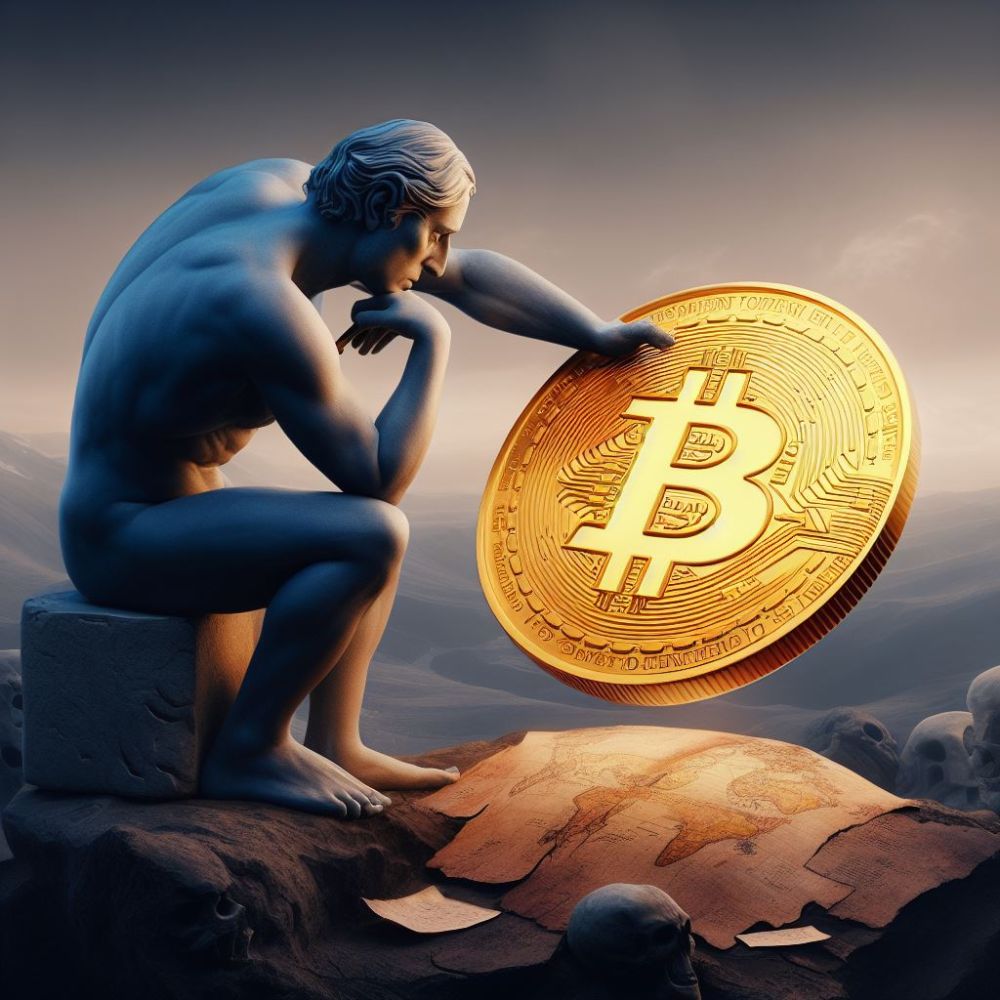Expected value
One of the more under-explored facets of the FTX scandal, though well-covered in Michael Lewis’s book, is the effective altruism movement that apparently motivated Sam Bankman-Fried and his band of millennial masters of the universe. We have covered this fitfully — see our review of William MacAskill’s canonical text of “gonzo science fiction”, What We Owe The Future — but it strikes us as yet another example of hubristic application of logic and applied mathematics, which is a fundamentally historical exercise — to cater for the fundamentally unknown contingencies of the future.
|
One response to these sort of calculations is they are a kind of gonzo science fiction. No-one actually knows what the odds of any of these things are, and your willingness to make up some number should render you less, not more, credible on the subject. And yet, there clearly is some chance that all of these terrible things might occur. And if there is some chance, how can you not try to figure out what that chance might be? You are free to quibble about the specific odds. Once you are in the argument, however, you will find it difficult to escape a certain logic. The expected value of reducing even the miniscule likelihood of an existential threat to all future human beings is far greater than the expected value of anything you might do to save the lives of the people who currently happen to be alive.
Expected value theory
|
Premium content
Here the free bit runs out. Subscribers click 👉 here. New readers sign up 👉 here and, for ½ a weekly 🍺 go full ninja about all these juicy topics👇
|
See also
- What We Owe The Future (spoiler: a whole lot more common sense than you will find in this book)
